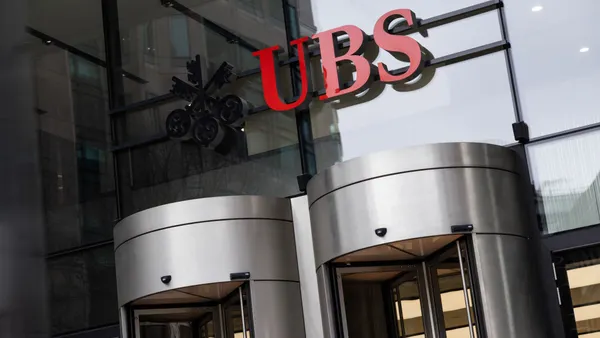Dive Brief:
-
Amazon launched Alexa for Hospitality with big names under the Marriott International umbrella including Marriott Hotels, Westin Hotels and Resorts and St. Regis Hotels and Resorts adopting the offering, according to a company announcement Tuesday. Amazon is extending Alexa to other hospitality providers only by invitation.
-
Alexa is available on the Amazon Echo and hotel guests can use the intelligent assistant for room services, playing music and calling the concierge. Requests from Alexa are sent through to the hotel's management systems.
-
Data from guest feedback will be collected from Charlotte Marriott City Center and Marriott Irvine Spectrum to help adjust functionalities. The Echo devices will also accommodate a hospitality providers' hardware settings, such as volume levels, and administrator notifications for a device that goes offline.
Dive Insight:
Last fall that Amazon launched Alexa for Business and companies were quick to adopt the virtual assistant.
High-profile customers of Alexa include JPMorgan Chase, which uses the assistant for its clients. Analyst reports and research can be opened up by an audible command. WeWork and Capital One adopted Alexa for services like booking conference rooms and filing support tickets.
Many are still skeptical about the privacy of virtual assistants. Alexa made headlines recently for reportedly eavesdropping on a family in Portland, OR and sending recorded conversation to one of their contacts Alexa had access to. The events have led to some members of Congress calling on CEO Jeff Bezos to answer for incident, reports The Washington Post.
But Amazon has continued to roll out service updates, including one on the Alexa app which allows users to dictate Alexa's access to individual devices' communications features. In other words, users can decide if Alexa can retrieve contacts and send messages to them, said to Werner Goertz, senior director and analyst for personal technologies at Gartner, in an interview with CIO Dive.
Because of the hysteria swirling around Alexa's privacy, there will be a segment of the market with a continued "perception or misconception that Alexa is always listening," said Goertz.
To prevent pushback from customers or potential Alexa customers, Goertz sees hospitality providers offering "non-Echo" rooms similar to smoking or non-smoking rooms. Or, hotel guests will chose to unplug the device altogether.
But the market for Amazon to explore Alexa's implementation is nearly limitless. The same techniques used to integrate hospitality features into Alexa can be applied to other industries, including retail and health, thus cementing Alexa's place in business IT.














